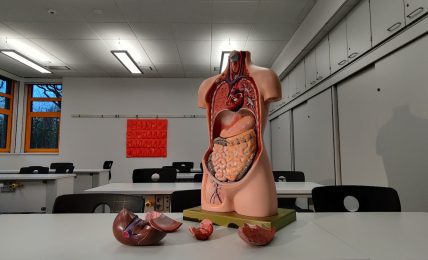The Most Common Health Issues in the World Today and Their Underlying Causes
The past few decades have seen a dramatic increase in the number of people suffering from chronic health conditions. While some of these conditions are well-known and understood, others are only just beginning to be recognized.









